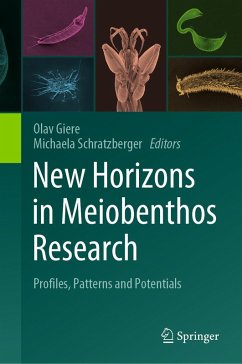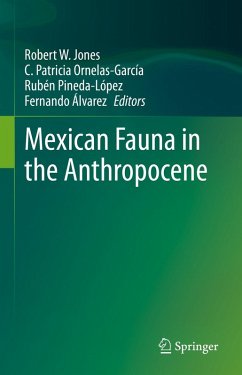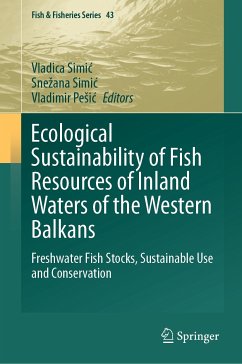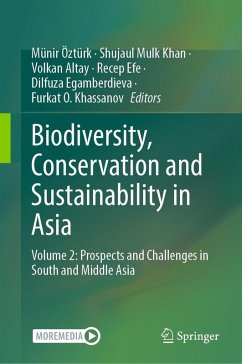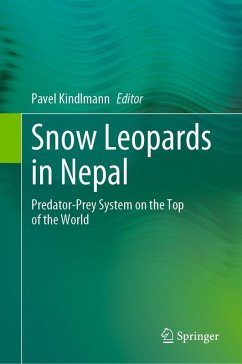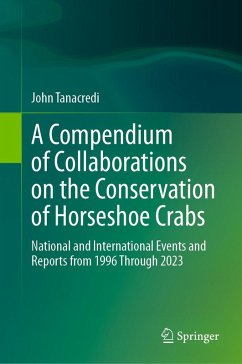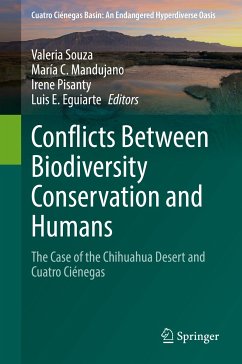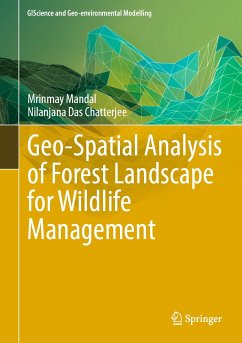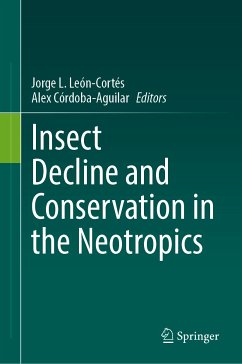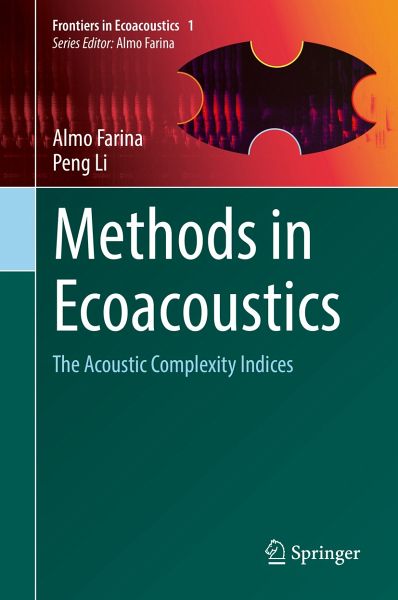
Methods in Ecoacoustics (eBook, PDF)
The Acoustic Complexity Indices
Versandkostenfrei!
Sofort per Download lieferbar
72,95 €
inkl. MwSt.
Weitere Ausgaben:

PAYBACK Punkte
36 °P sammeln!
This book represents an introduction to ecoacoustics theory, to the application of the Acoustic Complexity Indices (ACIs) to acoustic survey, and to the use of an innovative software to process acoustic data. It enables readers to comprehend the main principles that guide the recent development of ecoacoustics and offers a synthesis about the role of sound in the ecological research.Readers will be introduced to the use of the ACIs by a detailed description of the main algorithms recently formulated and on their correct application in the acoustic processing concurring to the creation of sonic...
This book represents an introduction to ecoacoustics theory, to the application of the Acoustic Complexity Indices (ACIs) to acoustic survey, and to the use of an innovative software to process acoustic data. It enables readers to comprehend the main principles that guide the recent development of ecoacoustics and offers a synthesis about the role of sound in the ecological research.
Readers will be introduced to the use of the ACIs by a detailed description of the main algorithms recently formulated and on their correct application in the acoustic processing concurring to the creation of sonic information systems. Readers will also find a new dedicated software application, namely SonoScape, that is described in detail with its codes attached in the supplementary material in a completely visible format. The SonoScape is a performing software application operating in MatLab® and is enriched of several options to manage single and large collection of acoustics files. It vides the feasibility to process data at different temporal scale, using different combination of parameters, and to extract novel complexity measures such as entropy and fractal dimension of ecoacoustic events. It also offers functions to visualize the results using customized 3-D plots or ternary plots, intuitively demonstrating the patterns of ACIs based on the vast number of numerical results.
Finally, this book provides several examples of case studies with the aim of better understanding the potentiality of ACIs and the power of SonoScape as multitasking software to approaching the complexity of the ecoacoustic investigation.
Students and scholars in ecology, land managers and technicians may find an important tool to interpret the complex relationship between humans and natural processes when sounds are adopted as proxy.
Readers will be introduced to the use of the ACIs by a detailed description of the main algorithms recently formulated and on their correct application in the acoustic processing concurring to the creation of sonic information systems. Readers will also find a new dedicated software application, namely SonoScape, that is described in detail with its codes attached in the supplementary material in a completely visible format. The SonoScape is a performing software application operating in MatLab® and is enriched of several options to manage single and large collection of acoustics files. It vides the feasibility to process data at different temporal scale, using different combination of parameters, and to extract novel complexity measures such as entropy and fractal dimension of ecoacoustic events. It also offers functions to visualize the results using customized 3-D plots or ternary plots, intuitively demonstrating the patterns of ACIs based on the vast number of numerical results.
Finally, this book provides several examples of case studies with the aim of better understanding the potentiality of ACIs and the power of SonoScape as multitasking software to approaching the complexity of the ecoacoustic investigation.
Students and scholars in ecology, land managers and technicians may find an important tool to interpret the complex relationship between humans and natural processes when sounds are adopted as proxy.
Dieser Download kann aus rechtlichen Gründen nur mit Rechnungsadresse in A, B, BG, CY, CZ, D, DK, EW, E, FIN, F, GR, HR, H, IRL, I, LT, L, LR, M, NL, PL, P, R, S, SLO, SK ausgeliefert werden.




